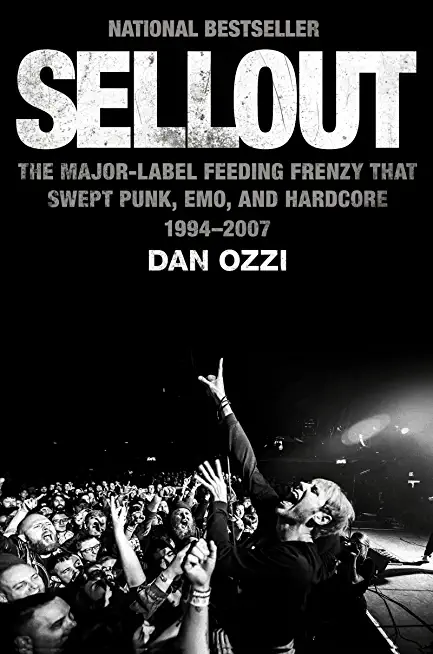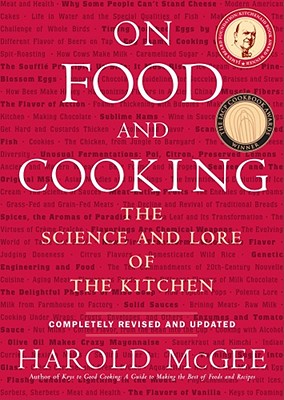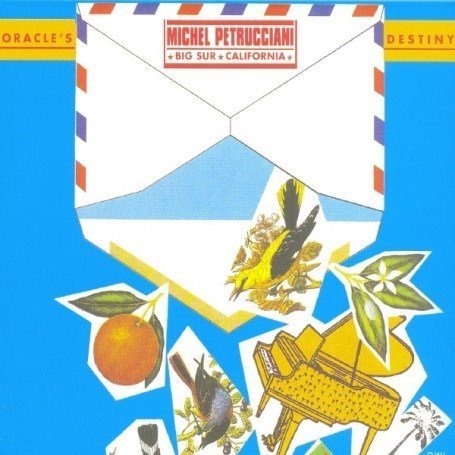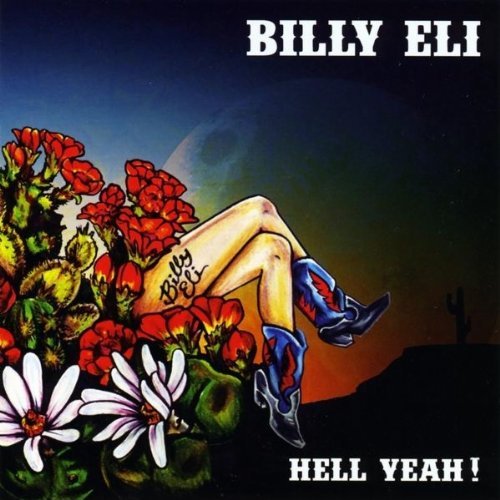
description
1Una conmovedora reflexión acerca del duelo por la muerte de su padre de la mano de la mundialmente aclamada autora de Todos deberÃamos ser feministas. En este emotivo y poderoso ensayo, que nace de un artÃculo publicado en The New Yorker, la autora nigeriana pone palabras al inenarrable grado de dolor causado por la repentina muerte de su padre en Nigeria: la crisis sanitaria por la pandemia de COVID-19 impidió que la autora pudiese salir de Estados Unidos para reunirse con su familia. En un intento por encontrar consuelo ante la sensación de vacÃo que la sacudió hasta la médula, Sobre el duelo es una breve pero inteligente y conmovedora crónica autobiográfica de las primeras etapas de la gestión de la pérdida, un revelador examen de la naturaleza del dolor, un tributo al padre que la llamaba «nwoke neli («la que equivale a muchos hombres ) y una profunda reflexión sobre la lengua y las tradiciones igbo. Este libro se enmarca en la más rabiosa y dolorosa actualidad: la autora escribe desde la certeza de ser sólo una más de entre los millones de personas en duelo, sobre las dimensiones culturales y familiares del mismo y, también, sobre la soledad y la ira inherentes a él. Sobre el duelo es un libro imprescindible para estos momentos. Y, sin embargo, resultará atemporal, duradero, y una adición indispensable al canon de la autora. En el mismo formato que Todos deberÃamos ser feministas, el lector lo atesorará y compartirá más que nunca.
ENGLISH DESCRIPTION Written by the internationally acclaimed author of We should all be feminists, it is a moving reflection about her mourning the death of her father. In this touching and powerful essay, born from an article previously published by The New Yorker, the Nigerian author puts into words the unspeakable pain caused by the sudden death of her father in Nigeria. The sanitary crisis due to the COVID-19 pandemic prevented the author from leaving the States to join her family. In an attempt to cope with the feelings of emptiness that shattered her to the core, About mourning is a brief, yet intelligent and moving autobiographical chronicle of how she first managed her loss, a revealing examination of the nature of pain, a tribute to her father, who called her "nwoke neli" ("one deserving many names") and a deep reflection on the Igbo language and traditions. This book is framed in the most raging and painful actuality. The author writes from the certainty of being just another mourner among millions, she writes about the cultural and family dimensions of mourning, and also about the loneliness and the inherent anger that comes with it. It is imperative to read About mourning in this day and age. However, it will resound as timeless, everlasting, and an essential addition to the author's canon. In the same format as We should all be feminists, the reader will treasure and cherish it more than ever.
ENGLISH DESCRIPTION Written by the internationally acclaimed author of We should all be feminists, it is a moving reflection about her mourning the death of her father. In this touching and powerful essay, born from an article previously published by The New Yorker, the Nigerian author puts into words the unspeakable pain caused by the sudden death of her father in Nigeria. The sanitary crisis due to the COVID-19 pandemic prevented the author from leaving the States to join her family. In an attempt to cope with the feelings of emptiness that shattered her to the core, About mourning is a brief, yet intelligent and moving autobiographical chronicle of how she first managed her loss, a revealing examination of the nature of pain, a tribute to her father, who called her "nwoke neli" ("one deserving many names") and a deep reflection on the Igbo language and traditions. This book is framed in the most raging and painful actuality. The author writes from the certainty of being just another mourner among millions, she writes about the cultural and family dimensions of mourning, and also about the loneliness and the inherent anger that comes with it. It is imperative to read About mourning in this day and age. However, it will resound as timeless, everlasting, and an essential addition to the author's canon. In the same format as We should all be feminists, the reader will treasure and cherish it more than ever.
member goods
No member items were found under this heading.
Return Policy
All sales are final
Shipping
No special shipping considerations available.
Shipping fees determined at checkout.







